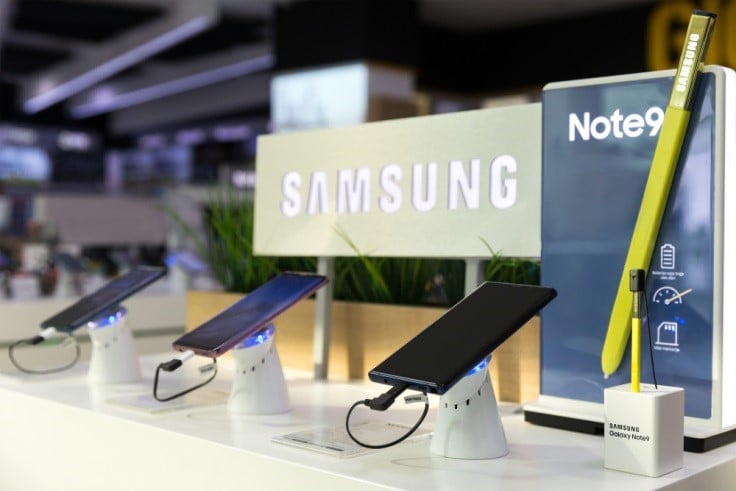- Smartphone giants like Samsung, Google, and Honor are integrating artificial intelligence into devices and are anticipating a new “supercycle.”
- AI features include instant translation, image editing, and conversation summaries.
- Samsung's Galaxy S24 Ultra is leading the way in generative AI technology, while Apple is hinting at joining the trend.
This year, the smartphone industry is buzzing with a bold prediction: the emergence of an AI “supercycle.” Companies like Samsung, Google, and Honor don't just talk the talk; They are walking the walk by equipping their latest devices with AI-driven features. From quickly translating conversations to taking photos and enhancing them using the magic of generative AI, these innovations don't rely on the cloud but are built into smartphone chips.
Samsung's Galaxy S24 Ultra leads the pack, showcasing generative AI capabilities that allow users to circle objects to get instant Google search results and provide live translation during calls. Google's Pixel phones and Apple's rumored next version of the iPhone are also jumping on the AI bandwagon, aiming to redefine what smartphones can do.
AI poised to fuel the next smartphone boom: the 2023 recession sparks it
Remember the last smartphone hackathon? Between 2010 and 2015, the market exploded from 300 million to 1.5 billion units sold annually. Fast forward to 2023, and the industry faced its lowest sales in a decade, with just 1.16 billion units shipped. It's no wonder that big names are betting on artificial intelligence to usher in another era of explosive growth.
Samsung HBM3E: 50% boost; Nvidia revenues rise by 265%
Behind these AI features are the chips that make it all possible. Samsung recently unveiled the HBM3E 12H memory chip, describing it as the highest capacity offering in the industry. This chip isn't just about capacity; It's about enabling expanded AI needs, while boosting performance and capacity by more than 50%.
Nvidia, another chip giant, posted a staggering 265% jump in revenue, underscoring the insatiable demand for AI capabilities. However, with growth comes caution, with Nvidia CEO Jensen Huang noting the challenge of maintaining such massive sales.
As artificial intelligence continues to evolve, advances in smartphone technology and chip design signal a period of transformation for the industry. And with the promise of making our phones smarter and truly smarter, the anticipation for what's to come has never been higher. It remains to be seen whether this AI-driven supercycle will reach the heights of its predecessors, but one thing is clear: the future of smartphones looks incredibly bright.

